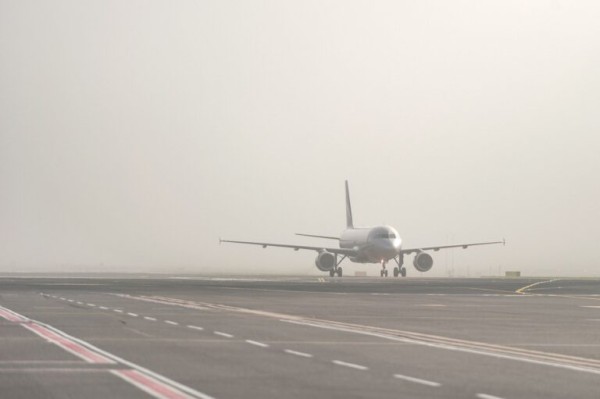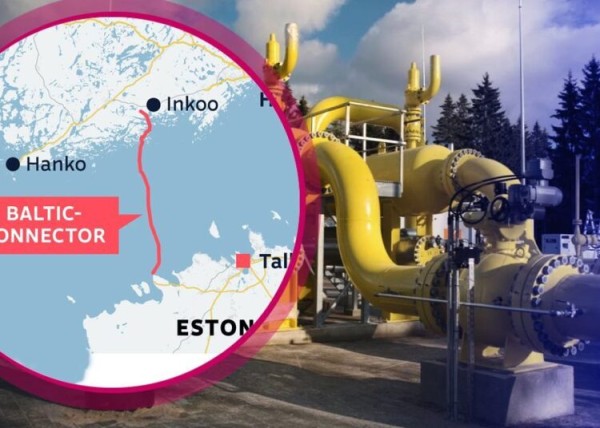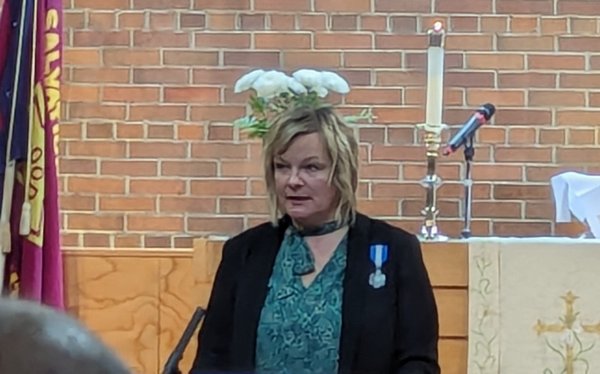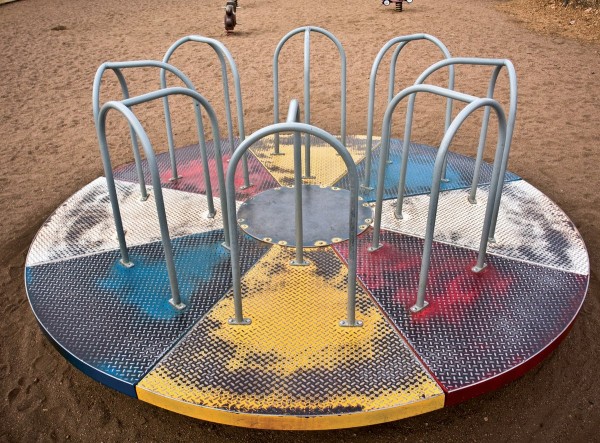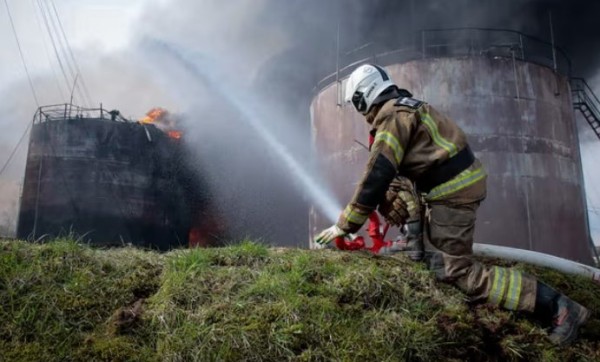EMFA
At the opening of the room commemorating the signing of the Tartu Peace Treaty on February 2 in Tartu, Foreign Minister Urmas Paet emphasised that the conclusion of the peace treaty brought peace to homes and clarity to Estonia-Russia relations. “The Tartu Peace Treaty is a milestone that ended Estonia’s definitive and determined, but also hazardous, path towards peace and freedom,” stated Paet. “With the peace treaty, Russia forever recognised Estonia’s independence,” he added.
Foreign Minister Paet recalled that the desire for peace and freedom was expressed in our forefathers’ “Manifest for all the Peoples of Estonia” declared on 24 February 1918—Estonia’s declaration of independence. “Estonia’s declaration of independence is a generous and open-minded document that promised to guarantee freedom not just for Estonians, but for all the peoples living on Estonian soil. At a time when great empires were crumbling and every nation was busy establishing itself, frequently at the expense of other peoples living on the same land, our declaration of independence was fairly remarkable,” said Foreign Minister Paet.
Paet stated that we owe our gratitude to those people who, with their activities on two battlegrounds—among the snowdrifts and at the negotiations table—managed to remain themselves and help to reach a peace agreement, which was born in the early hours of 2 February in the town of Tartu.
Foreign Minister Paet stated that the War of Independence confirmed that Estonia was not alone in its battle and that the idea of freedom, which some years earlier had been unfathomable, was important to other peoples as well. “We owe our thanks to Finland, Sweden, Great Britain and Denmark, who all came to our assistance. We also owe our thanks to Estonian Baltic Germans, Russians, Ingrians, Jews, Latvians, and people of many other ethnicities who lived here and who did not spare themselves in the fight for one common Estonia,” he added.
Paet said that the Tartu Peace Treaty has been named Estonia’s most important foreign agreement in history, as well as Estonia’s “birth certificate”. “Peace and freedom were not simply keywords, but concrete desires based on our peoples’ free will,” said the foreign minister. “The Tartu Peace Treaty has also been named the greatest achievement of Estonian diplomacy, and there is no doubt that it is,” he added.
SPOKESPERSON´S OFFICE
Paet: Tartu Peace Treaty Brought Peace to Homes and Clarity to Estonia-Russia Relations
Eestlased Eestis | 03 Feb 2010 | EWR
Eestlased Eestis
TRENDING







